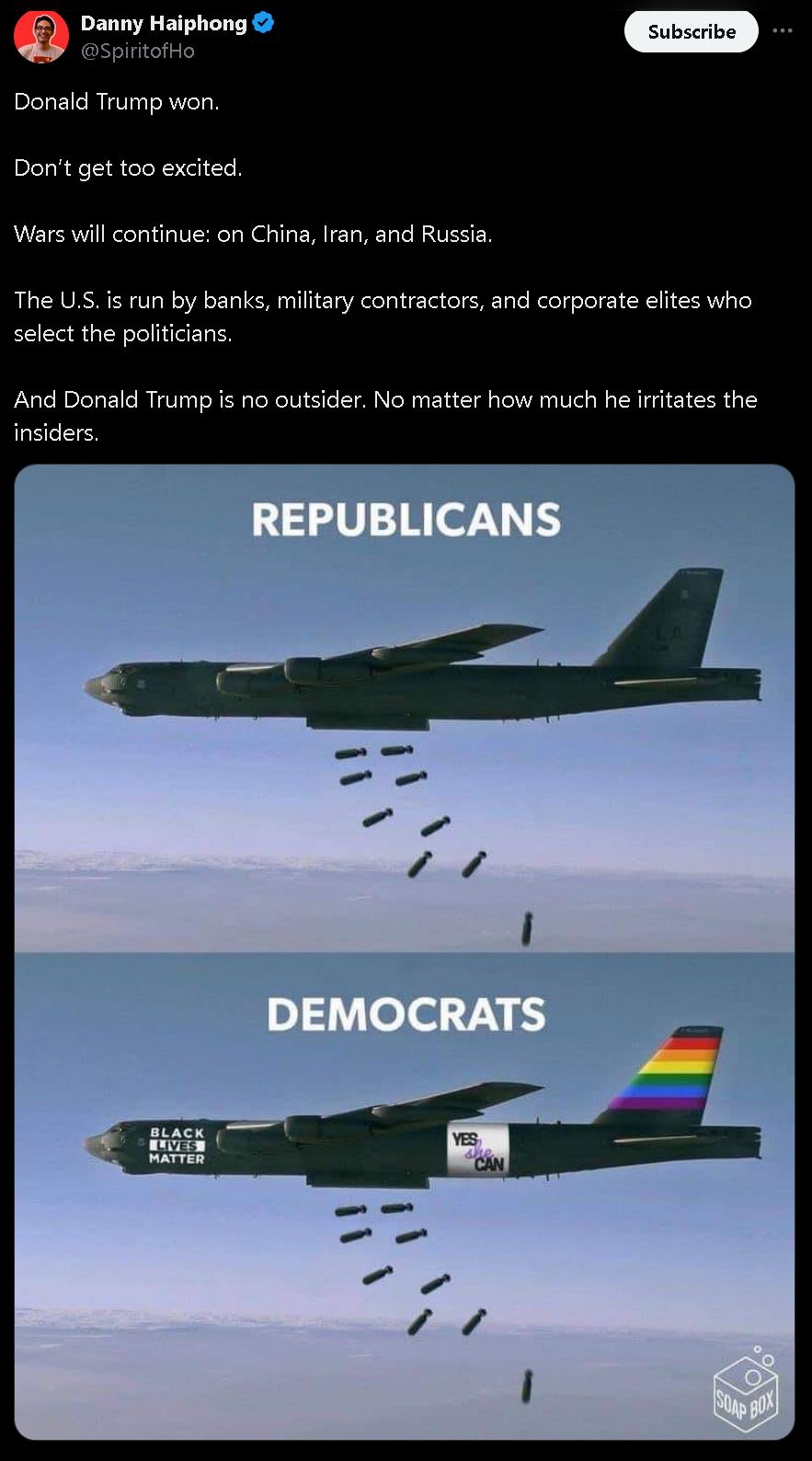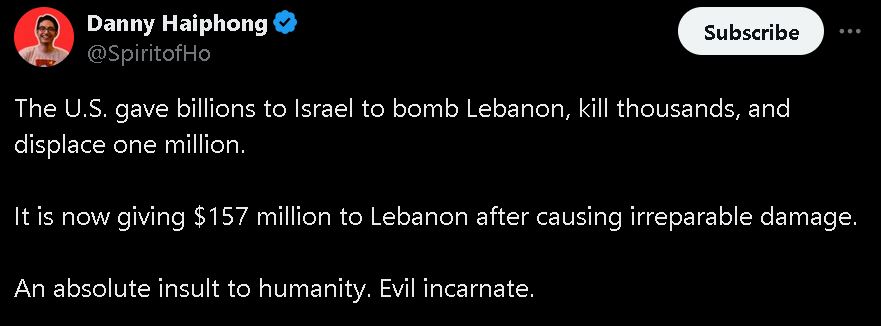Generated Summary of Video Below:
Collapse of the German Government
- In December 2024, the German government collapsed following a no-confidence vote against Chancellor Olaf Schultz, leading to upcoming elections scheduled for February 2025.
- Mainstream economists have highlighted chronic issues within Germany's economy, which has seen unemployment rise to 6.1 percent and is characterized by a dire overall situation.
- The discussion reflects on how Germany transitioned from being one of the most prosperous economies in Europe to facing significant crises.
Economic Factors Under Angela Merkel
- Angela Merkel's long tenure as Chancellor is noted for her stable leadership, during which Germany's economy thrived largely due to access to cheap Russian gas.
- This affordable energy allowed for economic growth and the funding of social programs, including retirement and leisure benefits for workers.
- However, after Merkel's departure, Olaf Schultz formed a coalition government that initiated policies which began to undermine the economic stability that had been established.
Energy Policy and Its Consequences
- The Schultz government faced challenges transitioning from reliance on Russian gas, especially after the decision to shut down nuclear power and coal plants in favor of green energy initiatives.
- The dependence on cheap Russian gas had previously allowed Germany to maintain economic stability, but geopolitical tensions changed this dynamic.
- The United States opposed Germany's reliance on Russian energy, viewing it as a potential economic weapon for Russia that could leverage pressure on Germany.
Impact of the Ukraine Conflict
- Germany's involvement in the Ukraine conflict, particularly through sanctions against Russia and support for Ukraine, has proven to be financially burdensome for the German economy.
- The destruction of the Nord Stream pipeline significantly impacted Germany's gas supply, forcing the country to purchase gas from the U.S. at much higher prices.
- As financial resources were diverted to support Ukraine, Germany faced rising domestic challenges, including an influx of Ukrainian refugees exacerbating existing immigration issues.
Political and Social Unrest
- The combination of economic collapse and failed foreign policy has led to political instability and social unrest within Germany, as citizens grapple with the consequences of governmental decisions.
- Public sentiment has turned against the government's handling of the Ukrainian refugee crisis, which has intensified existing divisions regarding immigration policy.
- The discussion highlights a specific incident at a Christmas market in Hamburg, which was seen as a catalyst for escalating tensions and political discontent.
Future of German Politics
- With the upcoming elections, there is speculation about the rise of the Alternative for Germany party, which advocates for withdrawing from the European Union and adopting a non-interventionist stance regarding Ukraine.
- The potential shift in political power could have significant repercussions for Germany's relationship with the EU and NATO, leading to broader implications for European stability.
- The current political crisis in Germany is reflective of wider issues faced by other European nations, such as France, which is also experiencing governmental instability amid public dissent over its policies.
Military and Economic Challenges in Europe
- The discussion extends to the military readiness of European nations, particularly Germany and France, which face significant challenges in sustaining their military capabilities amid economic constraints.
- Germany's military budget has been insufficient to meet the needs of expanding its forces, resulting in a shrinking military capacity and challenges in meeting NATO obligations.
- The overall decline in military readiness across Europe raises concerns about the continent's ability to respond to potential conflicts, particularly in the context of rising tensions with Russia.
Conclusion on NATO's Future
- The future of NATO is questioned, with concerns that the alliance may not survive if key member states like Germany withdraw from the European Union.
- The lack of military readiness and financial commitment from European countries suggests a weakening of NATO's effectiveness as a defense alliance.
- The geopolitical landscape in Europe is rapidly changing, and the implications of these shifts could redefine the security architecture of the region.
The German government has collapsed. In mid-December Chancellor Olaf Scholz lost a no confidence vote, prompting new elections in February 2025 amid reports of economic catastrophe sweeping the country, What caused this disaster?
#germany #russia #ukraine #scottritter
Journalism and Analysis from an Anti-imperialist Perspective



